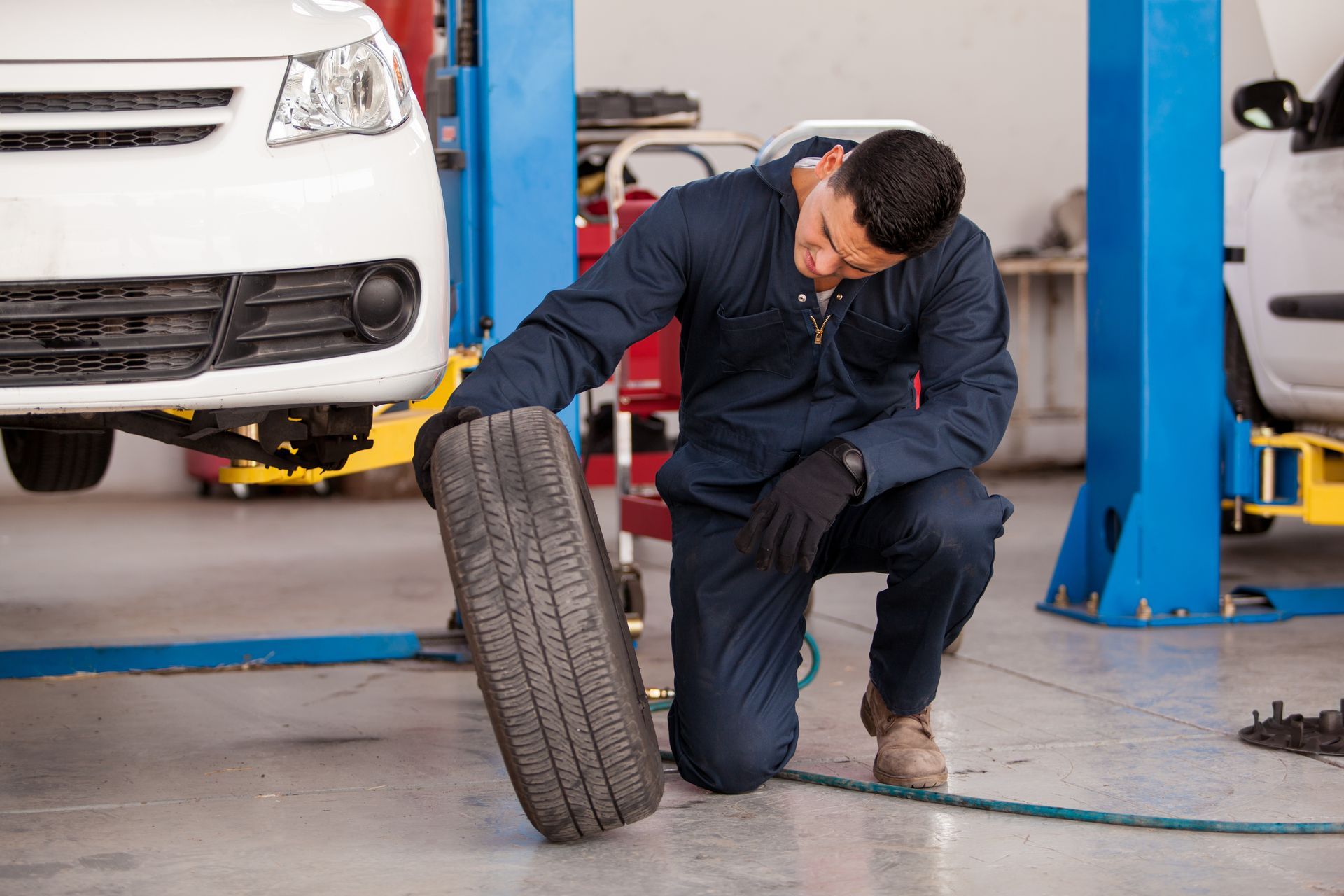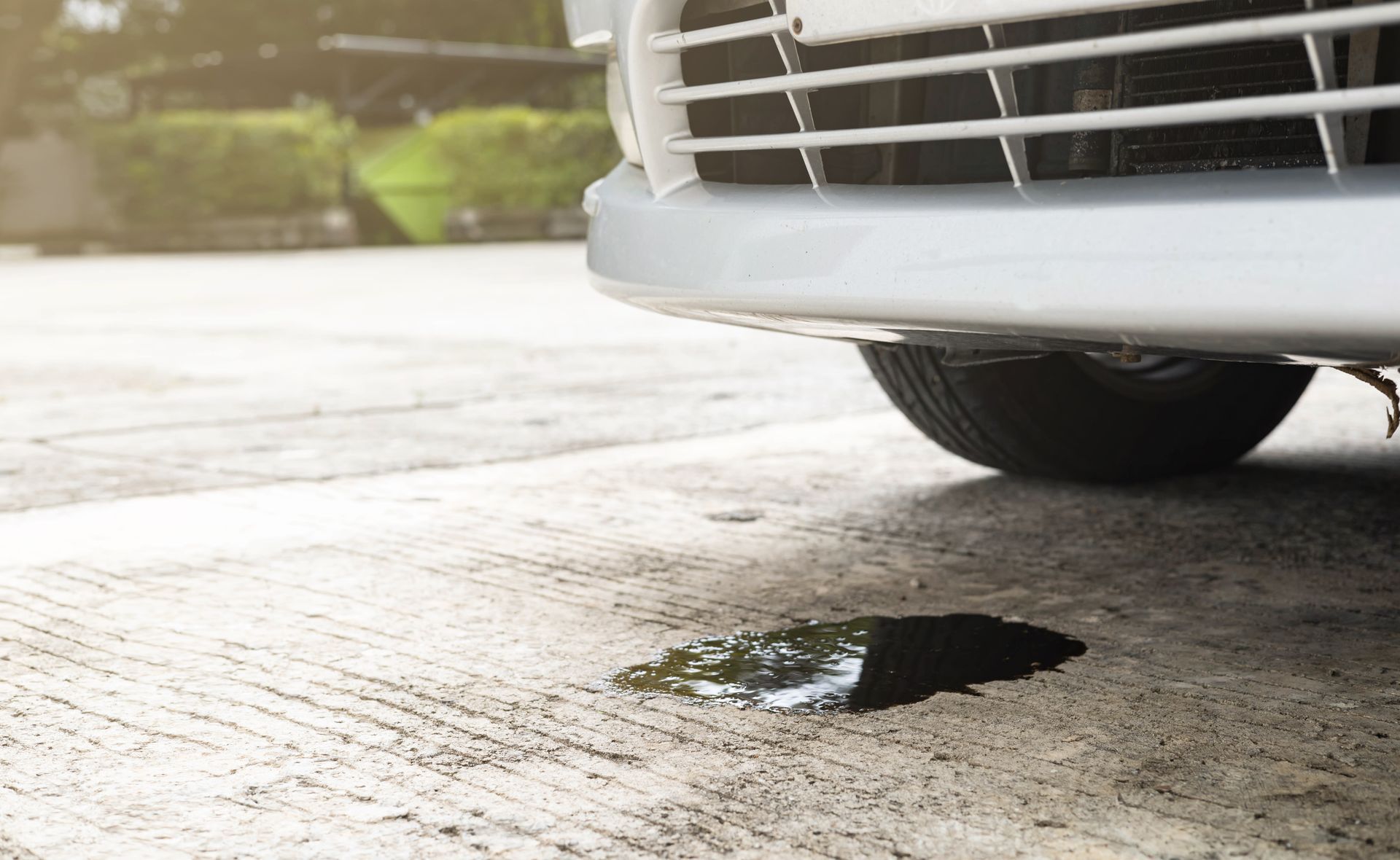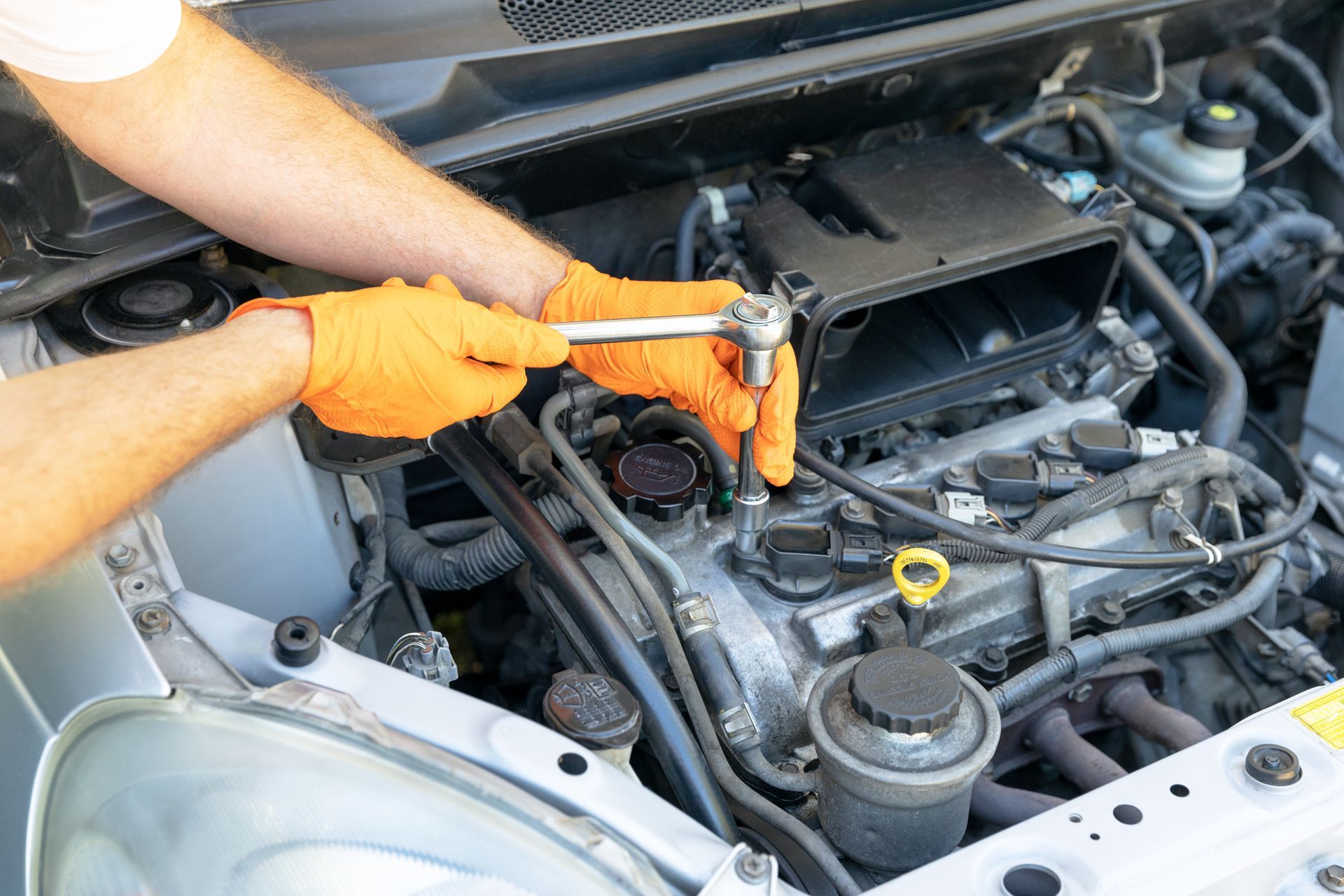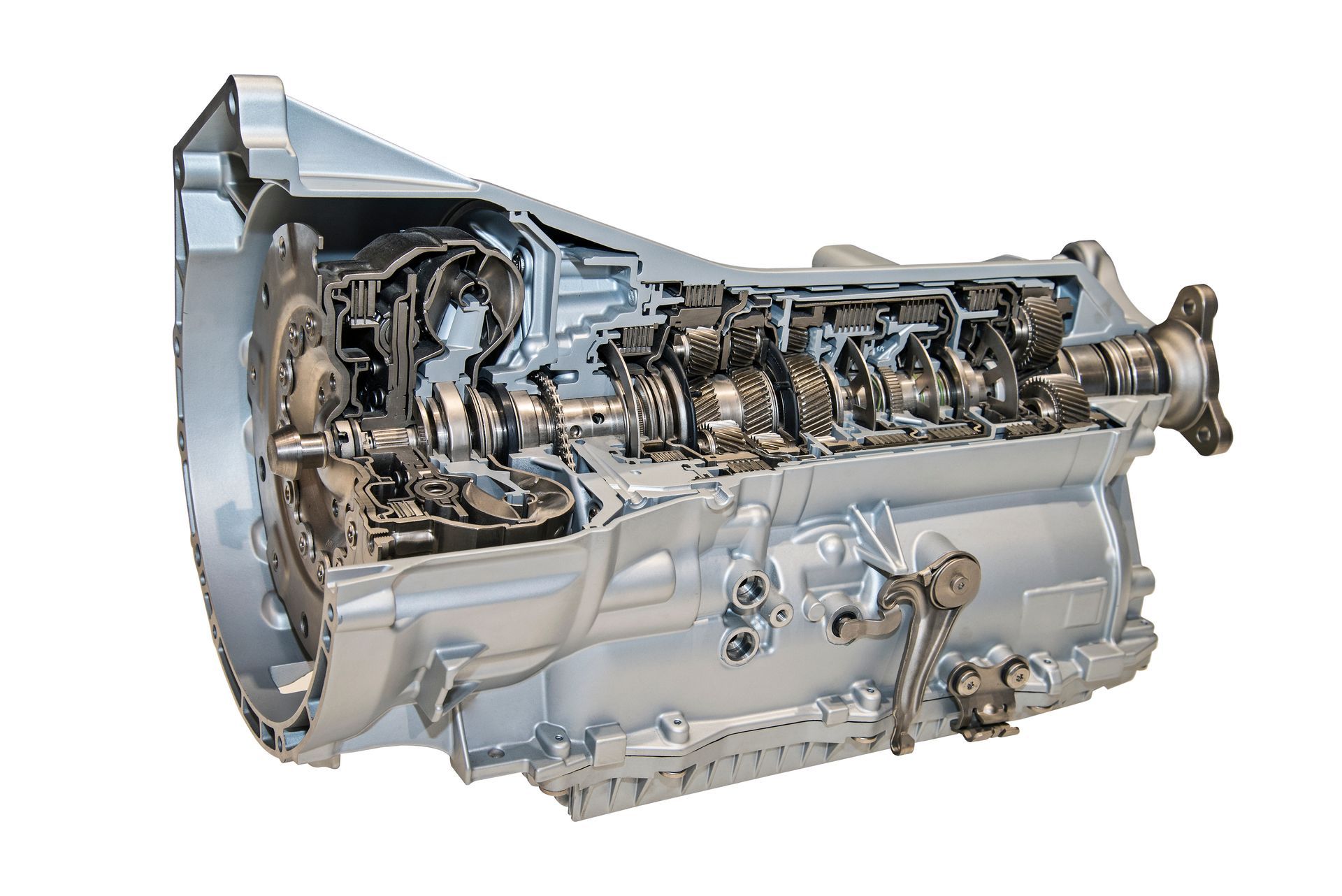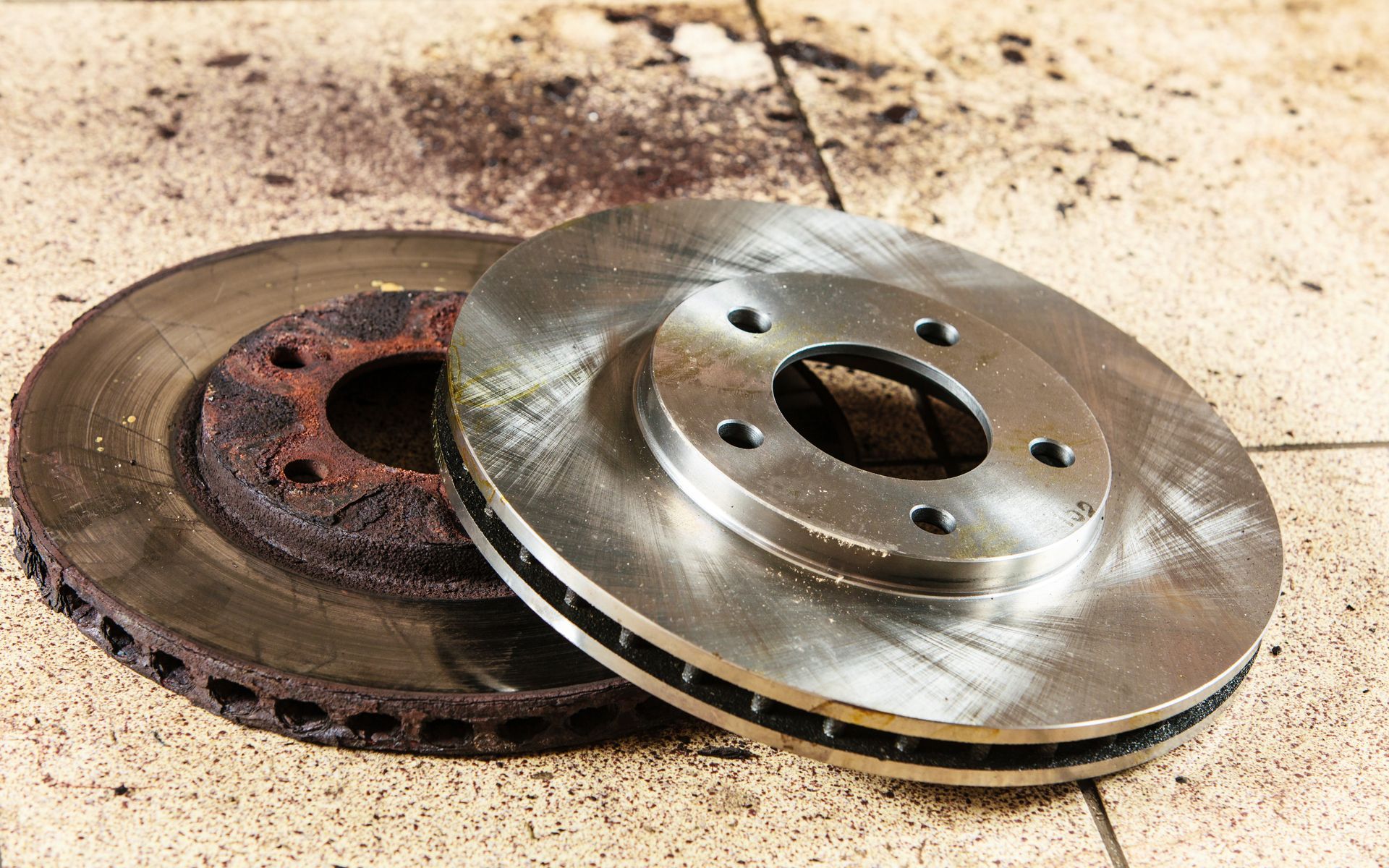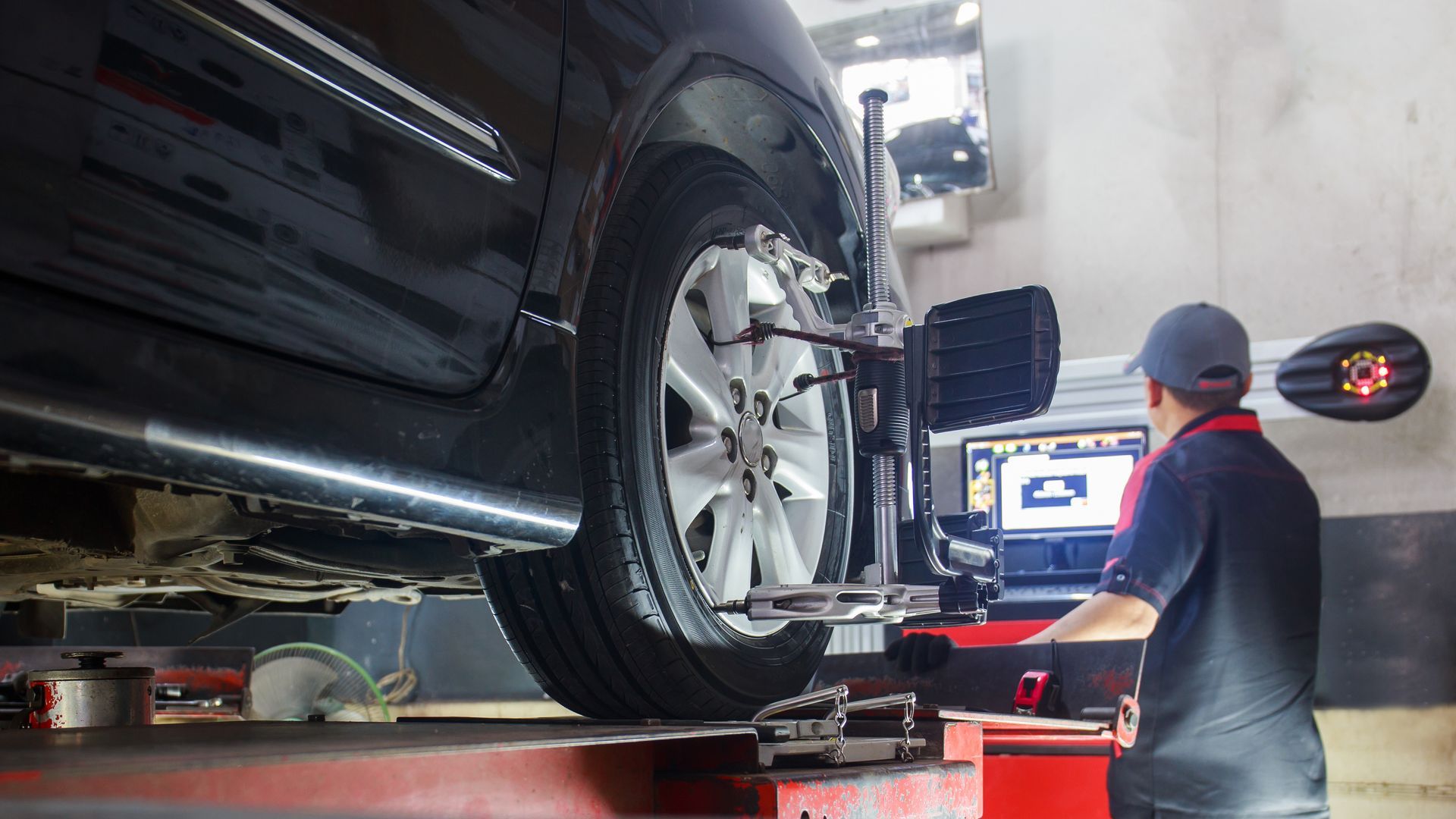Loading ...
Missing business hours data / Error occurred while getting the data.
Loading ...
Missing business hours data / Error occurred while getting the data.
Why Does My Suspension Get Stiffer and Noisy in Cold Weather?
December 20, 2024
Ever noticed how your car seems to handle differently as temperatures drop? It’s not your imagination. Cold weather has a significant impact on various car components, and your suspension is no exception. Stiffness, creaking, and other noises during winter are common complaints among drivers. But why does this happen, and is it a cause for concern? Let’s explore the reasons behind a stiffer, noisier suspension in cold weather and what you can do about it.
How Cold Weather Affects Suspension Components
Your car’s suspension system is made up of multiple parts, including shocks, struts, bushings, and springs. These components are designed to absorb bumps and ensure a comfortable ride. However, when the temperature plummets, the materials in these parts react to the cold.
One of the main culprits is the rubber bushings. These components cushion the joints in your suspension system. In freezing temperatures, rubber loses its flexibility and becomes harder. This stiffness reduces the bushings’ ability to absorb vibrations, leading to more noise and a rougher ride.
Similarly, the hydraulic fluid inside your shocks and struts can thicken when exposed to cold weather. This makes it harder for the fluid to flow, reducing the effectiveness of your suspension system and causing a noticeable change in how your car handles.
Common Noises
Hearing unfamiliar sounds during your winter drive? Cold weather can bring out noises you don’t usually hear. Here’s what they might mean:
- Creaking or Squeaking: This is often due to the stiffening of rubber bushings or other lubricated joints. As the cold weather hardens these materials, the lack of flexibility can cause them to creak under pressure.
- Knocking Sounds: A knocking noise might indicate loose suspension parts or even frozen joints. The cold can cause metal components to contract, leading to gaps and resulting in knocking noises when driving over bumps.
- Groaning or Grinding: If you’re hearing grinding sounds, it could be an issue with the shocks or struts. Thickened hydraulic fluid may struggle to move efficiently, resulting in unusual noises.
Why Does Cold Weather Make Suspension Stiffer
At its core, the stiffness comes down to material properties and fluid dynamics. Rubber components harden because cold temperatures reduce their elasticity, while the viscosity of hydraulic fluids increases, making them less effective. Combined, these factors make your suspension less responsive and more prone to transmitting vibrations and road impacts to the cabin.
Steel components in your springs and other parts can also contract slightly in the cold, contributing to the stiff feel. While these changes aren’t permanent, they’re enough to make winter driving less comfortable.
Is a Stiff Suspension Dangerous
A stiffer suspension isn’t inherently dangerous, but it can impact your driving experience. Reduced flexibility in the system can make it harder for your car to absorb bumps and maintain traction, especially on icy or uneven roads. If noises accompany the stiffness, it’s worth having your suspension inspected to ensure no parts are worn or damaged.
Ignoring persistent problems can lead to bigger issues. For example, worn bushings or degraded shocks might fail completely, compromising your vehicle’s handling and safety.
Tips to Reduce Suspension Issues in Cold Weather
Inspect and Replace Worn Parts
Rubber bushings, in particular, degrade over time. Replacing them with newer, more durable materials can help your suspension perform better in cold weather.
Drive Gently
Sudden bumps or potholes are more jarring on a cold suspension system. Avoid harsh impacts whenever possible to reduce stress on your components.
When to Seek Professional Help
If your suspension noises persist or worsen, it’s time to get your vehicle inspected. While some stiffness and noise are normal in cold weather, excessive sounds or handling issues could point to a deeper problem. Professionals best address damaged shocks, worn springs, or failing bushings to ensure your car’s safety and longevity.
Is your car ready to handle winter roads? Let
AFA Service & Repair inspect your suspension and keep your ride safe and comfortable. Contact us today!
Loading ...
Missing business hours data / Error occurred while getting the data.
having trouble finding us?
Loading ...
Missing nap lines data / Error occured while getting the data.

